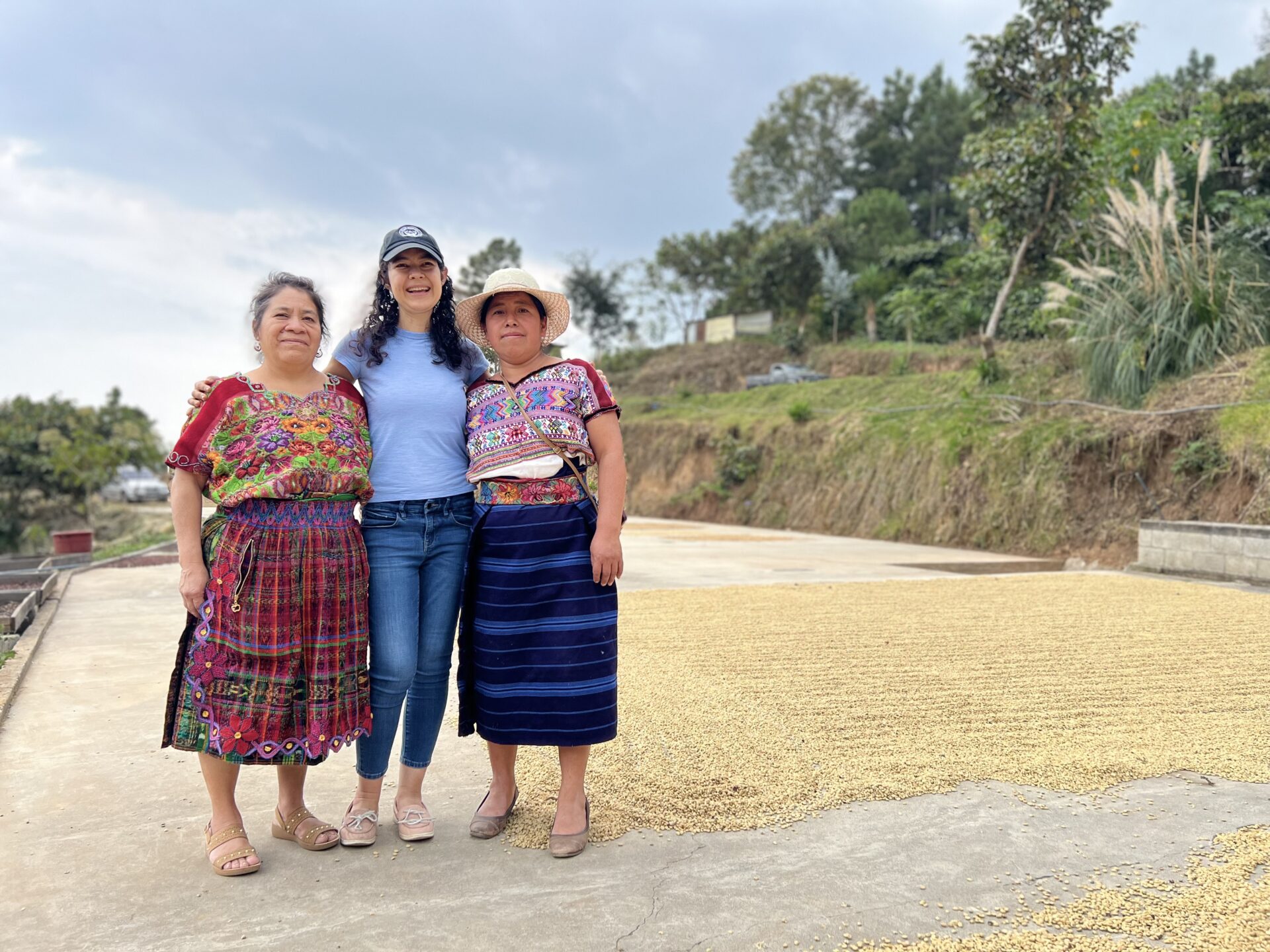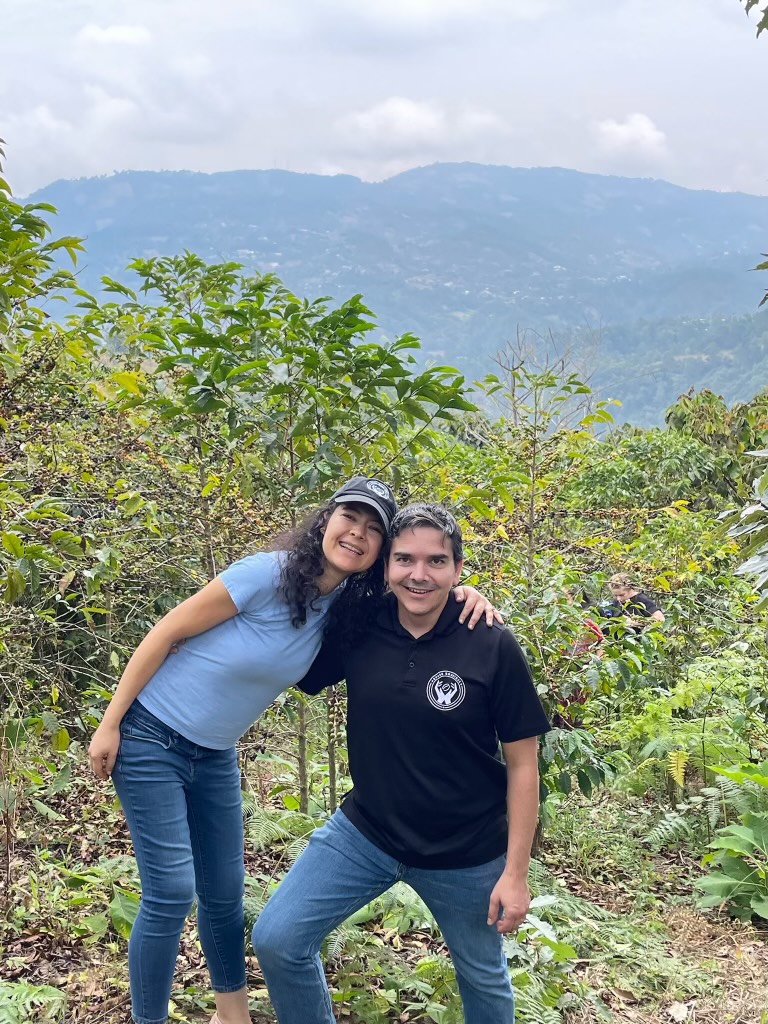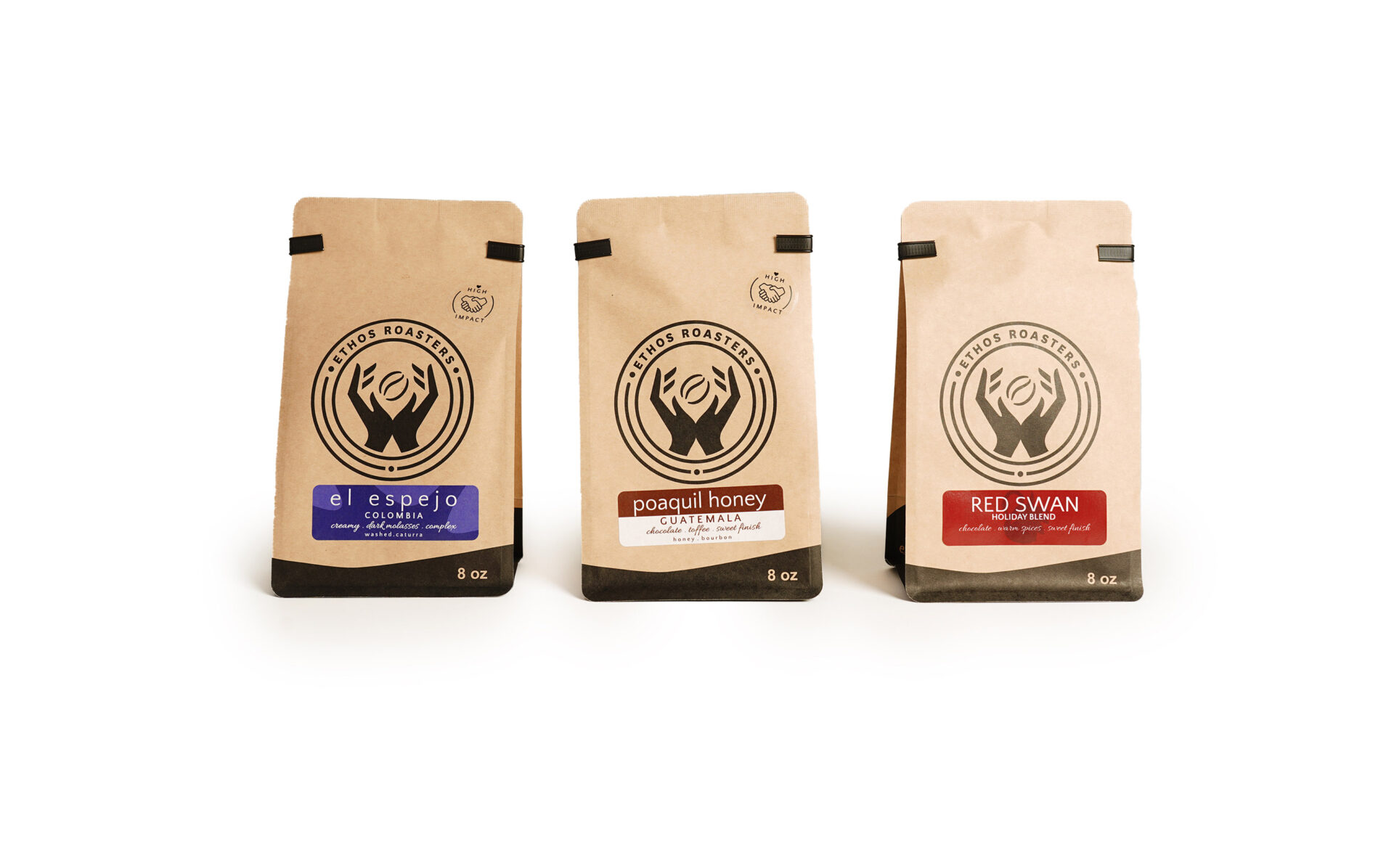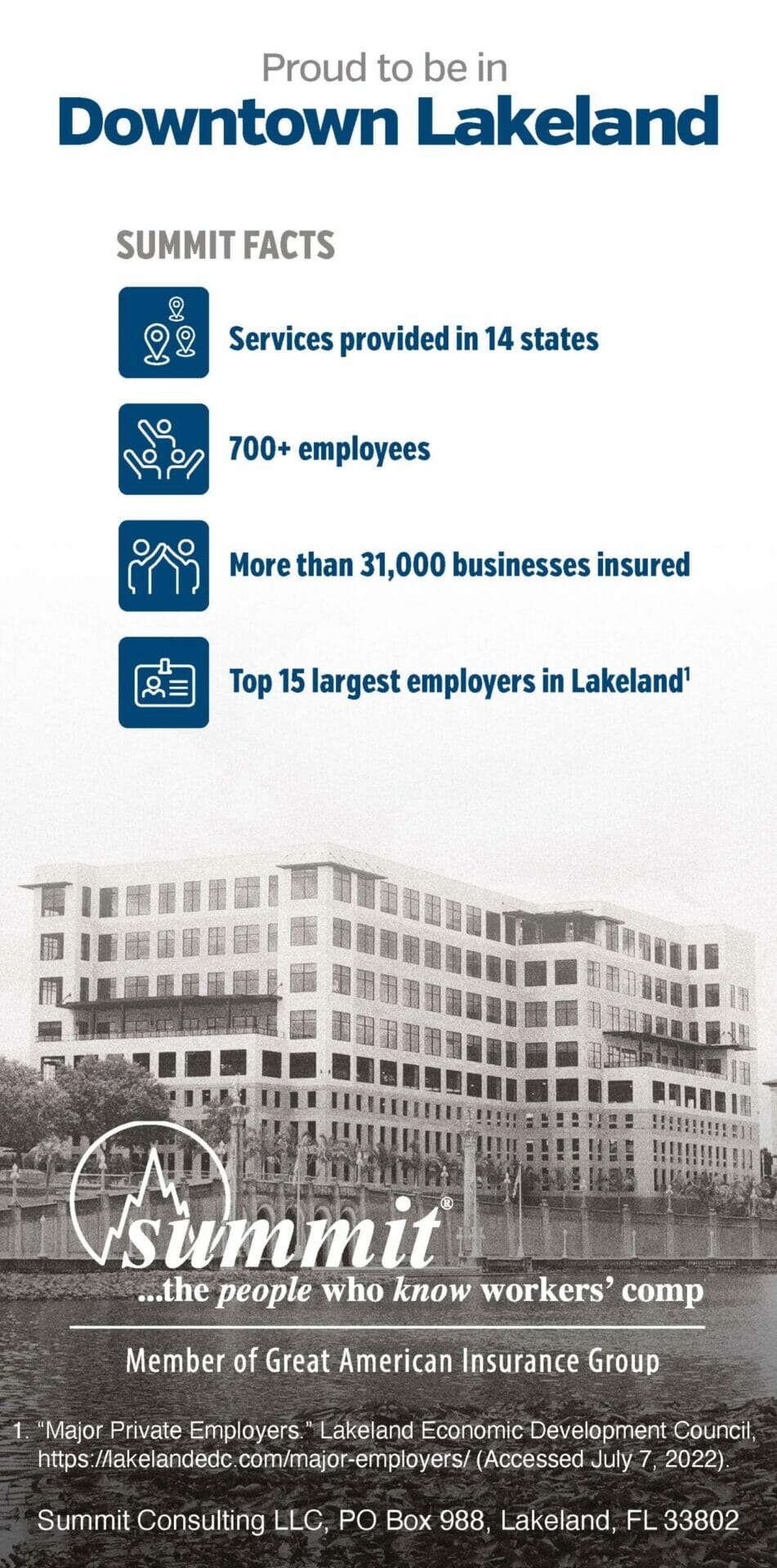
Percolating With Purpose: How Ethos Roasters is Changing the World Through Coffee
By Diego De Jesus
Photography by Ethos Roasters
Ethos Coffee Roasters imports around 10,000 pounds of green coffee beans annually from farming cooperatives across Latin America. Ten contracted farms, that range from 30 farmhands to 50 families in size, are the origin of the beans stored in burlap sacks at the roastery located along Lake Beulah.
Being directly sourced from Mexico, Colombia, Honduras, and Guatemala, these beans come from remote villages that boast some of the best coffee in the world. Ethos Coffee Roasters champions these farmers, roasts exquisite coffee to share with the world and strives to positively impact these communities.
That is the mission of co-owners Lisbeth Pacheco and her husband, Jolian Rios, who launched Ethos at the Lakeland Downtown Farmers Curb Market in 2017—a spot you will still find them on Saturdays.
“The reason that we started the business and the reason that we keep going and the reason, honestly, it’s so much fun, and it’s a passion for us,” Pacheco said. “It’s because of the impact.”
Raised in the heart of Colombia’s eje cafetero or “coffee lands,” Rios witnessed the impoverished conditions of caficultores, coffee farmers, that Ethos strives to alleviate.
“Many families take the kids from school just for the harvest season so that they can get enough money to survive to eat,” Rios said. “Many consumers here in the U.S. probably have no idea that even happens.”
While attending private school in Guatemala City, coffee always surrounded Pacheco. She even admits that she would enjoy a little coffee being added to her milk as young as age 2. Her inspiration for establishing a better future for children of these cooperatives stems from seeing children her age outside the classroom picking coffee cherries from 8 a.m. to 5 p.m.—supporting their families but missing out on their education.
“Just thinking about the fact that some kids never have the chance to go to school was something I always dreamed of one day [doing something to combat,]” Pacheco said.
When they immigrated to the States, they both earned college degrees. Among their degrees, Rios earned a Doctorate of Medicine and Pacheco a Doctorate in Food Chemistry.
With their scientific background, they understand how to maintain optimal conditions for their roastery and carefully roast each batch to their standard.
Before she immigrated to the States in 2005, Pacheco attended Zamorano University in Honduras in 2004, where she made many connections in the coffee industry that would be the framework for Ethos to source its products directly. Ethos resulted from much planning, beginning with the language defined in their contracts.
Ethos requires these cooperatives to send their children to school without contributing as a farmhand. These families typically would have had their children help in farming to ensure demand was met. To compensate for this, Pacheco says Ethos pays three to four times more than average coffee distributors so that children can attend school.
They’ve maintained this price and contract since their founding, with one of their earliest sources being Cooperativa La Asuncion, in Poaquil, Chimaltenango, Guatemala, which is home to 30 farmhands.

“Just thinking about the fact that some kids never have the chance to go to school was something I always dreamt of one day [doing something to combat.]”
– Co-owner Lisbeth Pacheco
Poaquil is a remote town in the Guatemalan countryside that is predominantly families of Mayan descent. When Pacheco and Rios first visited the cooperative, the town didn’t have paved roads or the necessary resources to properly educate their children.
Ethos has maintained its relationship with the Poaquil cooperative for almost eight years. Since their contract began, the employees have made the profit necessary to improve their conditions with paved roads, which has helped grant access to cities and all the amenities that come with that.
“One of the reasons why we believe even more strongly now in the model is because we’ve seen the effects of it,” Pacheco said, noting that she and her husband enjoyed a December trip to visit the farmers at Poaquil.
The model is not only making an impact in other countries, it has created a business that is ready to expand.
Pacheco excitedly shared with The Lakelander that the couple recently purchased a lot near Christina Park in South Lakeland where they have plans to build a coffee shop, complete with the convenient option of drive-thru service.
“My target is to actually get people who go through Starbucks or Dunkin every day,” she says. “I feel like if we could get more of the mass market kind of customer…I’m hoping once they become a regular for us they’re going to start asking more questions about the coffee and we will be able to explain our mission.”
She says the build out will likely take around 18 months, and Lakelanders should expect the Ethos Roasters coffee shop experience to open in 2025.
In the meantime, coffee aficionados can dive deeper into the Ethos brand by signing up at EthosRoasters.com for a brewing experience where guests learn the basics, brew a variety of coffees and even leave with a brand new V60 dripper and a bag of coffee.
As Ethos grows and continues its impact with more farmers, patrons can dabble in unique roasts, become monthly coffee subscribers at EthosRoasters.com, or meet the team at the Lakeland Downtown Farmers Curb Market.




